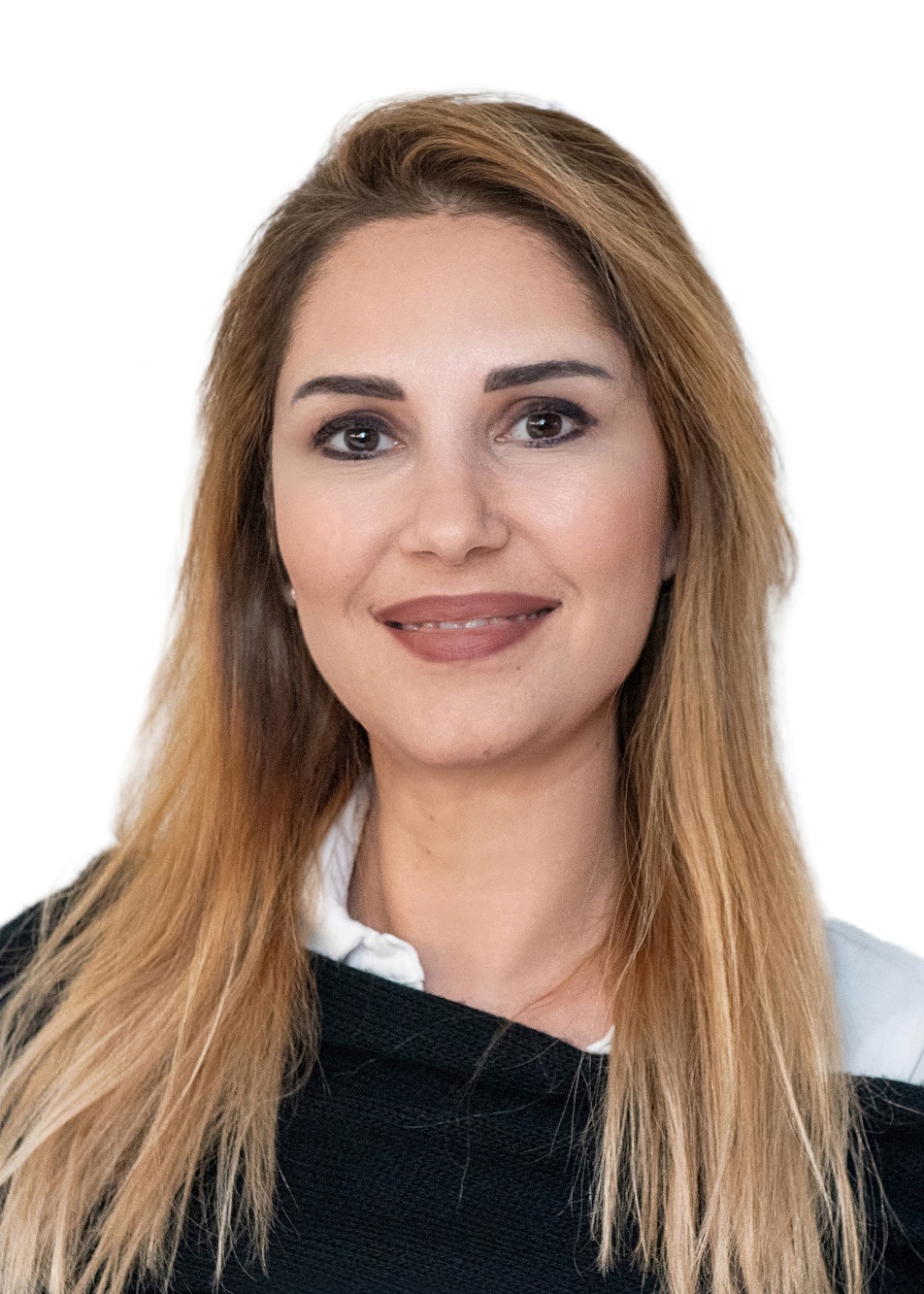
The Magna Carta for Filipino Seafarers came into effect on 25 January 2025. What are the practical implications for shipowners?
Written by
Published 06 February 2025
The Magna Carta is a ground-breaking legislation seeking to align the rights and welfare of Filipino seafarers with international standards, such as the Maritime Labour Convention. The legislation’s Implementing Rules and Regulations (IRR) have now been finalised, and they could have significant impacts on claims handling processes, aiming to create a more balanced framework that benefits both seafarers and shipowners.
Resolving disputes over medical assessments
Under Section 57, the Magna Carta introduces a streamlined process for resolving disputes related to disability grading or fitness to work. Previously, disagreements over medical assessments often escalated into prolonged legal battles. The new system requires that all post-employment medical evaluations begin with the company-designated physician (CDP), whose role includes determining a seafarer's fitness to work or assigning a disability grading in line with the Schedule of Disabilities under the POEA Standard Employment Contract (SEC) or applicable CBA.
If a seafarer disagrees with the findings of the CDP, they have the right to seek an independent evaluation from a doctor of their choice. Should conflicting opinions arise, the matter refers to a third doctor, mutually agreed upon and selected from a pool of specialists accredited by the Department of Health. The referral to a third doctor shall be initiated by the seafarer within 30 days, through a written request to the Department of Migrant Workers. The third doctor’s decision is binding, providing a uniform and final resolution to disputes over disability grading. This structured approach reduces the risk of prolonged disagreements and ensures a fair process for both sides.
While the third-doctor rule is a welcome development, its implementation presents practical challenges. For the rule to apply, the injury or illness must be work-related and occur during the employment contract period. The third doctor's evaluation must adhere strictly to the Schedule of Disabilities outlined in the POEA SEC or applicable CBAs to ensure consistency and objectivity.
The IRR mandates the creation of clear guidelines for accrediting third doctors, but these guidelines are still under development. Questions remain about the timeline for finalizing the pool of accredited specialists and ensuring accessibility for seafarers in remote areas.
A balanced approach to executing monetary awards
Section 59 focuses on executing monetary awards and tackling issues that have long troubled the industry, particularly those related to garnishment. Previously, Philippine legal procedures allowed monetary awards to be garnished at lower court levels, even while cases were under appeal. This created significant financial risks for shipowners, notably when higher courts later overturned or modified rulings.
The new rules address these concerns by distinguishing between disputed and undisputed amounts in monetary awards. Undisputed amounts must be paid immediately, ensuring that seafarers receive prompt compensation. For disputed amounts, the seafarer must post a bond equivalent to the disputed sum to secure its execution while the case is under appeal. This bond mechanism protects shipowners from premature payouts while preserving seafarers' ability to pursue their claims.
It is important to note that these new rules apply only to cases filed on or after October 11, 2024. Cases filed before this date will continue to follow the old procedures, including the previous approach to garnishment. Managing this distinction will require clear communication and careful coordination during the transition period to ensure all employers understand which rules will apply to their specific cases.
While labour groups have criticized the bond requirement, arguing that it burdens seafarers, supporters see it as a necessary safeguard against ambulance-chasing practices and frivolous claims. The ultimate success of these provisions will depend on their effective implementation and ongoing monitoring.
In addition to these procedural changes, the Magna Carta introduces stringent measures to reduce ambulance chasing. Lawyers representing seafarers must now cap their fees to 10% of the compensation awarded and disclose their fee arrangements through notarized certifications. Practices such as lending money to seafarers at high interest rates are explicitly prohibited, with violators facing penalties, including disbarment. These reforms aim to restore trust in the claims process and ensure that seafarers receive the full benefits they are entitled to.
Recommendations during the transitional phase
Implementing the Magna Carta presents both opportunities and challenges for Members. On the one hand, the new rules create a fairer and more transparent framework for handling claims, reducing the risks associated with premature garnishment and legal exploitation. On the other hand, the rules introduce procedural requirements that demand greater coordination and compliance efforts.
To navigate this new regulation effectively, Members should consider the following steps:
Ensure that manning agencies, seafarers, and claims handlers are fully informed about the new rules, particularly the third-doctor process and bond requirements
Establish clear protocols and internal procedures for managing disputes under Sections 57 and 59, including maintaining updated lists of accredited third doctors and ensuring compliance with bond regulations
Track cases processed under the new framework to identify any challenges or areas for improvement.
By following these steps, Members can adapt to the new rules while supporting a more equitable and sustainable future for Filipino seafarers. As always, Gard remains committed to assisting our Members through this transition and addressing any concerns.
We would like to thank Herbert A. Tria of Del Rosario Law for his inputs and contributions to this article.
Related reading: New seafarer law could have wide-reaching impact | Gard's Insights






